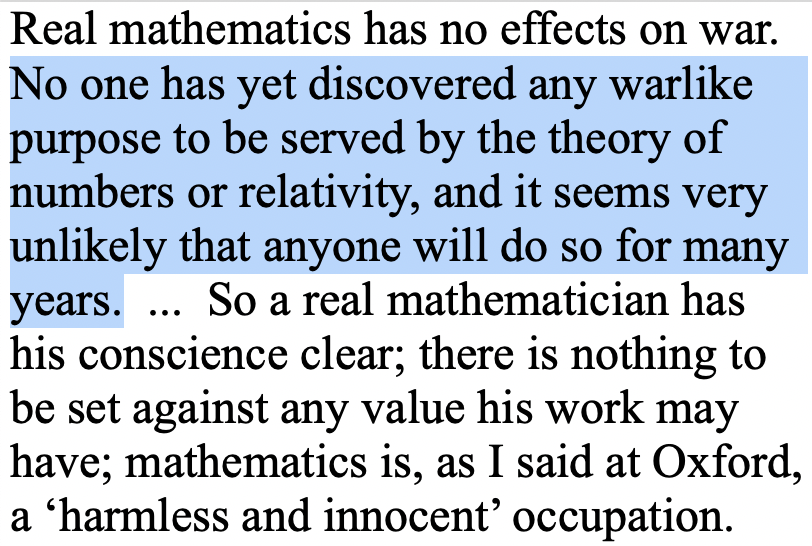
Job alert: At Princeton we’re hiring emerging scholars who have Bachelor’s degrees for 2-year positions in tech policy. The program combines classes, 1-on-1 mentoring, and work experience with real-world impact. Apply by Jan 10. More details: citp.princeton.edu/programs/citp-…
[Thread]
[Thread]
This is a brand new program. Emerging scholars are recruited as research specialists: staff, not students. This comes with a salary and full benefits. We see it as a stepping stone to different career paths: a PhD, government, nonprofits, or the private sector.
Who are we? At Princeton’s Center for Information Technology Policy (@PrincetonCITP), our goal is to understand and improve the relationship between technology and society. Our work combines expertise in technology, law, social sciences, and humanities. citp.princeton.edu
We’re delighted that faculty including @ruha9, @jonathanmayer, @orussakovsky, @msalganik, @b_m_stewart, and Mihir Kshirsagar have expressed an interest in being potential mentors. citp.princeton.edu/programs/emerg…
We’re open to applicants with degrees in a broad set of fields. This is an unusual kind of program and we’re happy to answer your questions and help you figure out if it’s right for you. Please email me (arvindn@cs.princeton.edu) or Dr. Tithi Chattopadhyay (tithic@princeton.edu).
• • •
Missing some Tweet in this thread? You can try to
force a refresh






